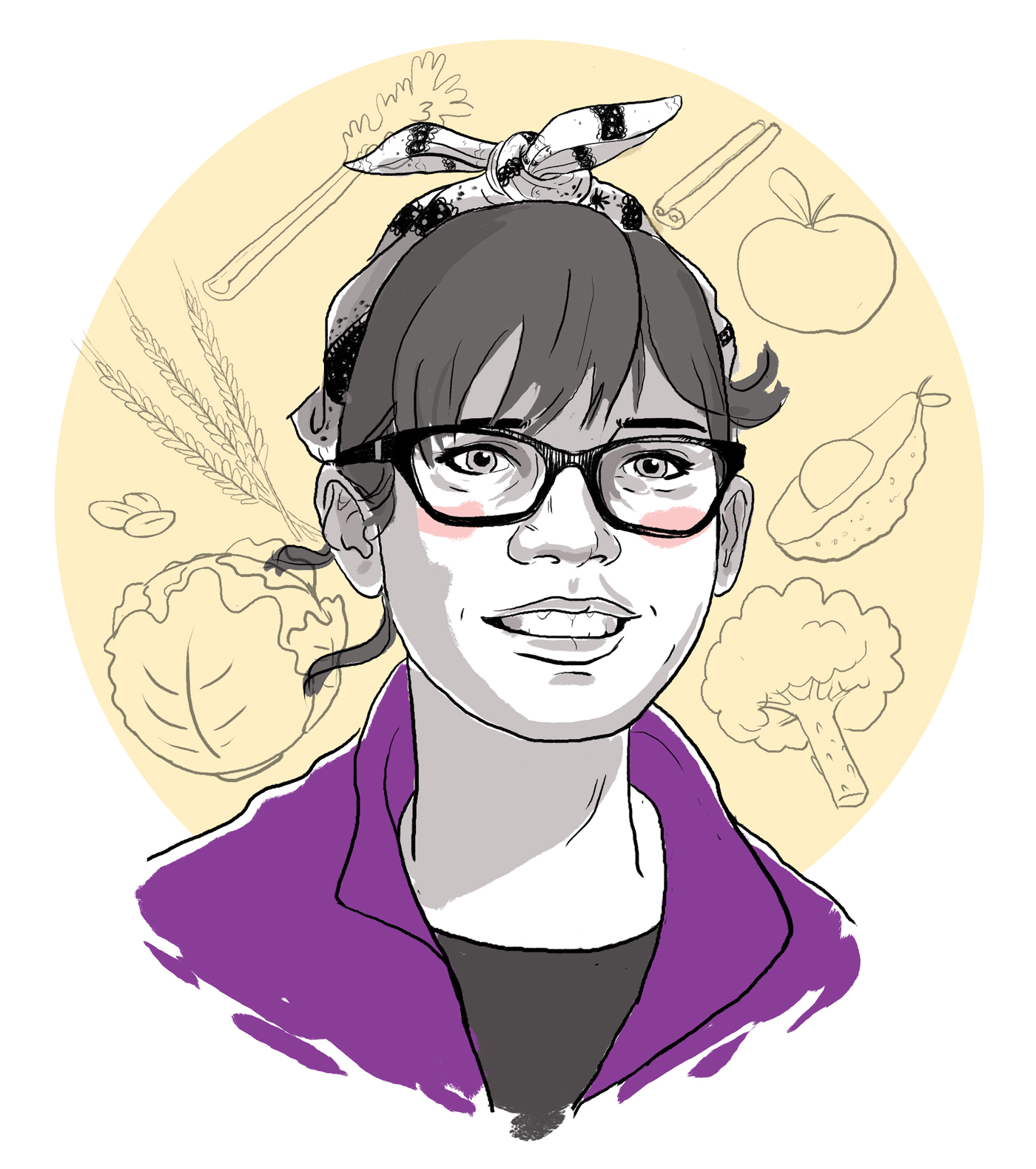It’s a Conundrum: The Pig and Us - TheSMARTSeed
Description
For my own well being I should mention, first, that unequivocally my mom is and always has been a good cook. For sure, there were a few experiments that went awry, but on the whole we ate exceptionally well. That is except for the pork chops. There was nothing good about a pork chop. They were dry, tough, and had as much flavour as a Jesus wafer on a Sunday morning. It didn’t matter who cooked it or whether you were eating at home or at your cousin’s wedding it tasted the same.
I stayed away from pork, well, I stayed away from pork except for bacon, ham, pork sausages, and other charcuterie meats. Because there is a big difference between pork and pork that has been salted, sugared, smoked, and spiced. The later is down right delicious. However, for the lowly pork chop and I we did not reconvene our disappointing relationship until I started working in the health food industry. It was at this point that I found out that pork was parasitical. Ahhh...what? I’ve had many a food revelation over the last few years and that was certainly one of them. For someone who grew up around pigs, who gently goaded them to “Pig Heaven” on Monday mornings, and tried to stomach them on Monday evenings I had no idea. I was also confused. We were selling humanely raised, pastured pork and yet folks were turning their nose up at the pork chops and the pork roasts, and, yet, still thoroughly enjoying their bacon. Was it because bacon was cured and delicious that you didn’t have to worry about getting parasites? And, if pork was so dangerous, why had I never heard of it before?
The disease is called Trichinosis, and it would probably be a good idea to premise the following by saying, “It is rare!” At least in North America. There are currently about twenty cases of Trichinosis in the United States a year. And, due to improved pig management there is now a greater chance of getting Trichinosis through the consumption of Wild Game than pigs. The disease is caused by eating undercooked meat of animals infected with the larvae of the Trichinella worm. According to the Centers for Disease Control and Prevention, “The signs, symptoms, severity and duration of trichinellosis vary. Nausea, diarrhea, vomiting, fatigue, fever, and abdominal discomfort are often the first symptoms of trichinellosis. Headaches, fevers, chills, cough, swelling of the face and eyes, aching joints and muscle pains, itchy skin, diarrhea, or constipation may follow the first symptoms. If the infection is heavy, patients may experience difficulty coordinating movements, and have heart and breathing problems. In severe cases, death can occur. For mild to moderate infections, most symptoms subside within a few months. Fatigue, weakness, muscle pain, and diarrhea may last for months.”
The Pigs success over the past ten thousand years of domesticated life is due mainly to its remarkable ability to adapt. Pigs are omnivorous and if left to their own whim will eat anything and that is the problem. The Trichinella worm is introduced into the Pig’s body through the pig eating other infected animals. Trichinosis was a consistent problem within our food chain up until the mid 1950s. Unfortunately, for those of us who are concerned about animal welfare and would like to support free-range, pastured animals it was the pork industry’s move towards the industrialized model that significantly lowered infection rates. Moving pigs from outdoors to confined spaces indoors allowed farmers to better control what the pig consumed--grains and more grains. Along with moving pigs into confined spaces the public was educated on the importance of cooking pork properly. Well, kind of! The Government of Canada, to this day, suggests that consumers cook pork to 160 degrees Fahrenheit. The USDA had the same recommendation until 2011 when it lowered it to 145 degrees. This is beca
More Episodes
For s***s and giggles, let’s say that I, hypothetically of course, lived on a farm, a peach farm to be exact. I’ve picked all of my peaches and counted out the ones that I would need for canning. After I’ve done my counting I have two bushels of peaches left that I do not need. Therefore, I need...
Published 01/15/18
Published 01/15/18
I’m indifferent. I guess that is the best word I have, and, surely, it can be argued that this is the worst type of being. To have no passion, no hate, no love, no opinion of one thing or another. To simply be uninterested, so much so, that you care not to know. Actually, there is no “care”--it...
Published 10/27/17


